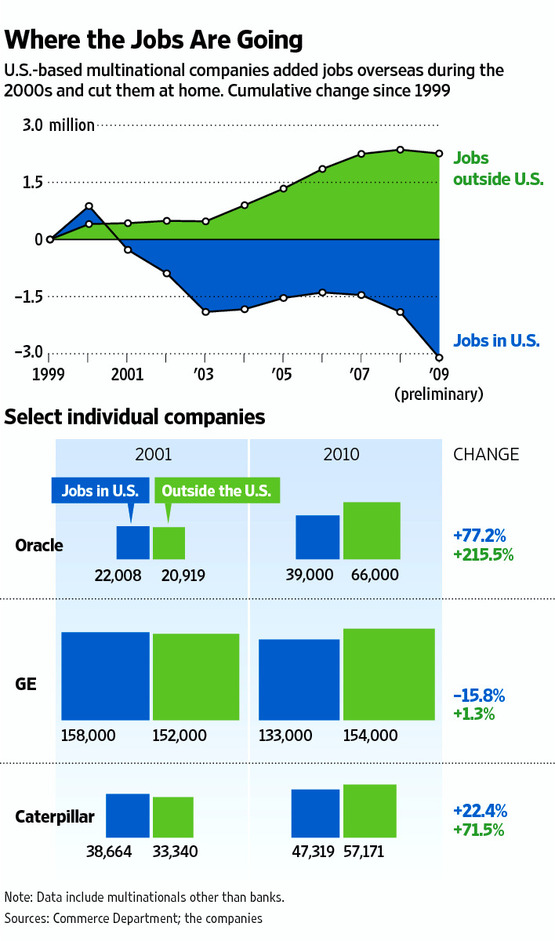Some background: I have been tracking the stock market for several years, but never had the capital to invest in it. If I did, I would have been able to retire from Google stock by now
because every prediction I made about the price of Google stock for the past 5 years has been correct
I have in the past 5 years set 7 price targets for them, and every single price target, they have reached when I said they would. I am extremely good at analysis and stock prediction, evaluating
financial variables. if I wanted, I could easily become a stock analyst.
----
Contrary to appearances, The discipline of stock analysis is not actually economic fortune telling, though many of the less prodigious economist may well be employing a high degree of fortune telling to compensate for their intellectual deficiencies. But when done correctly, the analysis of stocks, and of the economy generally, involves statistical evaluations based on information tracking. While perhaps to the average person this amounts to an educated guess,those more intimately familiar with the variables involved are able to consistently make accurate predictions.
Part of why I personally don't have the money to invest into companies that I have accurately determined to be good investments, is because I have no interest in money. I only care about the analysis and valuation of entities, and making reliable predictions based on my analysis. For example, I know for a fact that Bitcoin will go up a lot in price. because even under the most pessimistic of economic projections, it will be profitable to mine, and at the current price, even to invest in.
This is exactly how game theory works. It's called game theory because every game has rules and variables that determine the outcome, and that model can be applied to every science and discipline that relies on knowledge of the rules, protocols, and variables of a system to succeed. Economies can only function if there is a consistency of protocols and rules of trade, reliable patterns for the prices of commodities and currencies, and variables that can be consistently tracked and predicted to a relatively high degree of precision. Those who can effectively utilize game theory to accurately determine lucrative economic investments, they are the gurus of the economic world.
----
Contrary to appearances, The discipline of stock analysis is not actually economic fortune telling, though many of the less prodigious economist may well be employing a high degree of fortune telling to compensate for their intellectual deficiencies. But when done correctly, the analysis of stocks, and of the economy generally, involves statistical evaluations based on information tracking. While perhaps to the average person this amounts to an educated guess,those more intimately familiar with the variables involved are able to consistently make accurate predictions.
Part of why I personally don't have the money to invest into companies that I have accurately determined to be good investments, is because I have no interest in money. I only care about the analysis and valuation of entities, and making reliable predictions based on my analysis. For example, I know for a fact that Bitcoin will go up a lot in price. because even under the most pessimistic of economic projections, it will be profitable to mine, and at the current price, even to invest in.
This is exactly how game theory works. It's called game theory because every game has rules and variables that determine the outcome, and that model can be applied to every science and discipline that relies on knowledge of the rules, protocols, and variables of a system to succeed. Economies can only function if there is a consistency of protocols and rules of trade, reliable patterns for the prices of commodities and currencies, and variables that can be consistently tracked and predicted to a relatively high degree of precision. Those who can effectively utilize game theory to accurately determine lucrative economic investments, they are the gurus of the economic world.

